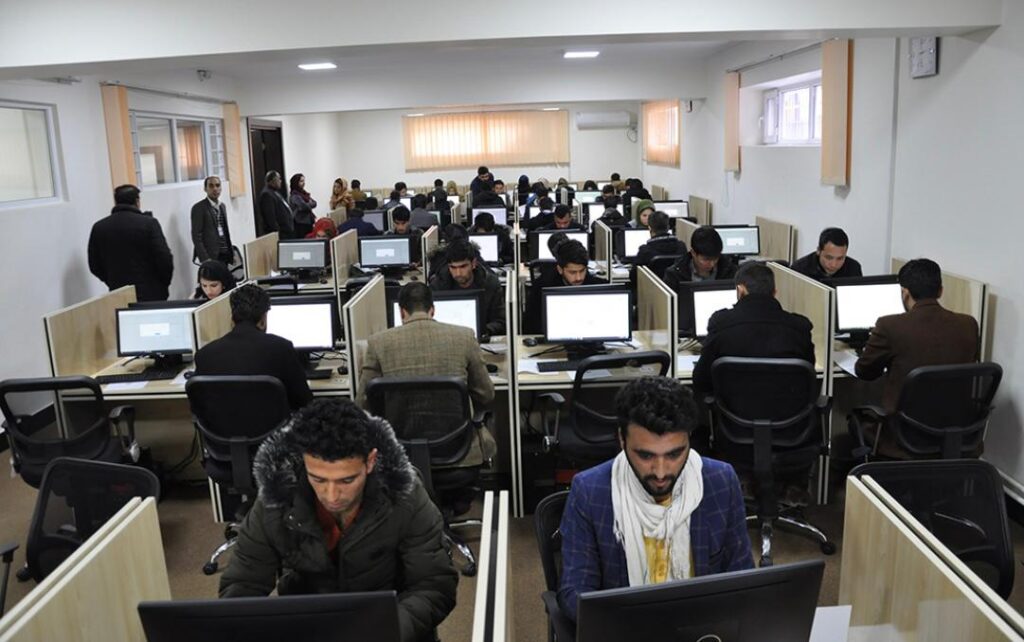Kabul (Kubha News)— Taliban places a higher priority on personal relationships than administrative rules, with high-level appointments being determined by familial ties, personal connections, and informal endorsements.
A source, who spoke to Kubha News on condition of anonymity, recalled the apparent lack of meritocracy in the Taliban government’s hiring process, stating that decisions on hiring and firing are driven by personal connections and subjective preferences rather than qualifications or experience.
“There is no meritocracy in the Taliban government. Ministers and senior officials hire and dismiss individuals, even up to the level of directors and managers, solely based on relations and informal recommendations,” the source added.
According to the source, priority is given to individuals with documented involvement in “Jihad” over the past two decades, regardless of their professional background or expertise.
“A person came to our office seeking a job. Without inquiring about his skills or experience, the head of our office, a member of the Taliban, asked him, ‘Did you participate in Jihad? Do you have proof?'” the source stated.
Government and public service analysts warn that such practices will only exacerbate chaos within governmental offices, leading the Taliban govern administration toward an administrative deadlock.
According to the source, the Taliban’s Intelligence Department oversees all recruitments in both government and private institutions, mandating candidates to provide a Taliban Intelligence Clearance certificate during the recruitment process.
This document, usually used to check an individual’s criminal record, is specifically employed within the Taliban government to ascertain whether the person has previously worked in the republic government.
A former senior official of Kabul Municipality told to Kubha News that former officials, including himself, are retained within the municipality and district offices merely to handle non administrative tasks, often being assigned duties outside their official responsibilities.
“At first, our opinions were valued as our department heads sought to understand administrative processes. However, with new employees familiarizing themselves with the work, I find myself spending more time organizing files and forms,” the former official elaborated.
He further explained that minor criticisms or failure to comply with new supervisors’ directives often result in dissatisfaction and dismissal.
While Taliban spokespersons have consistently stressed in press conferences and interviews that recruitment is based on capacity and meritocracy, the insider’s revelations paint a different picture.
Amir Khan Muttaqi, the Acting Minister of Foreign Affairs of the Taliban, recently claimed that 90% of government heads, managers, and officials are former employees, receiving regular salaries. However, the source’s account raises doubts about the transparency and fairness of such appointments.
